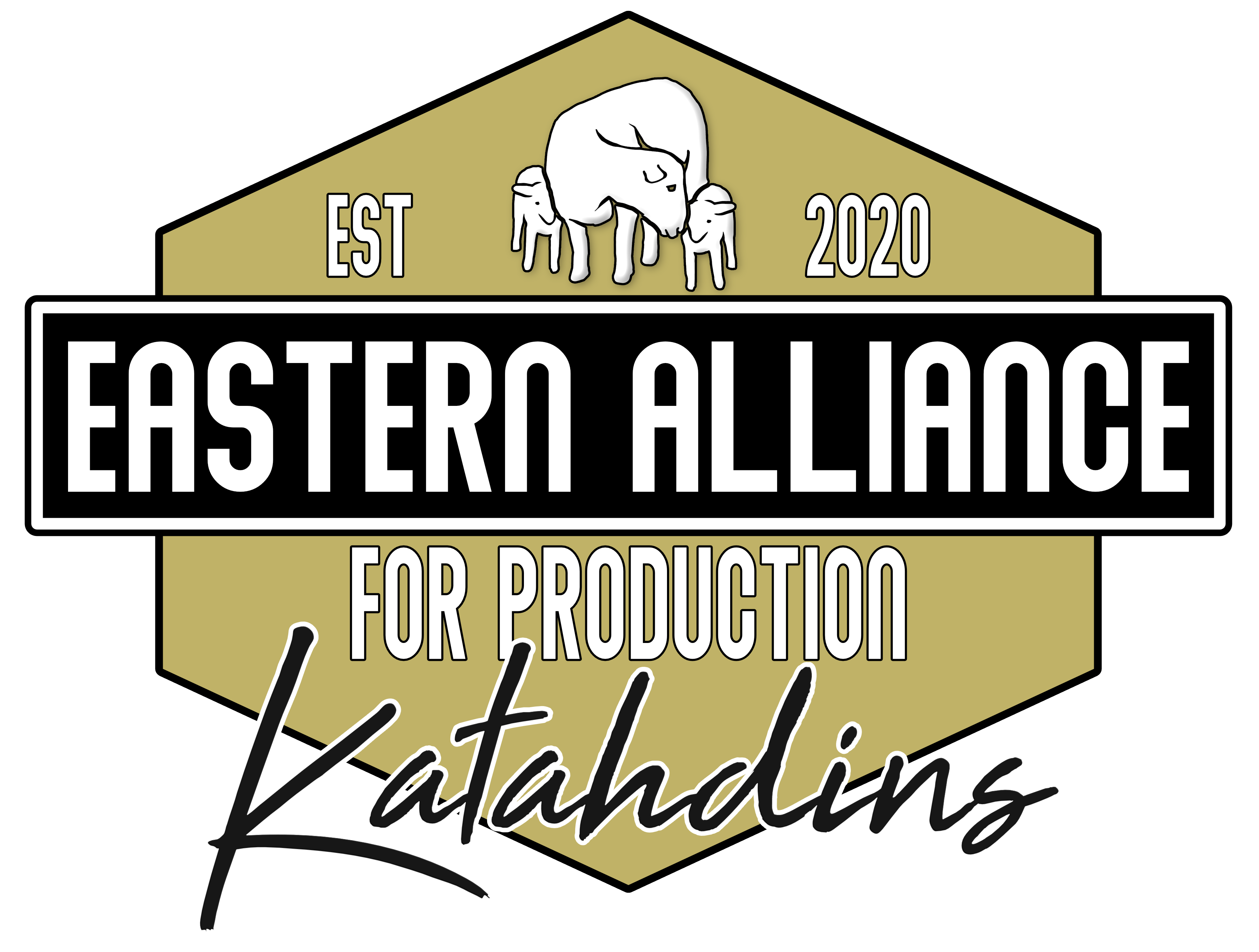With decreasing numbers of sheep extension agents, sheep research professors and small ruminant DVMs, our options for finding knowledgeable experts are becoming more limited. At the same time, the number of sheep “experts” on Facebook, YouTube and other social media is growing exponentially. Today, sheep producers are able to obtain “expert” advice from across the country or around the world in a matter of seconds. While advances in technology have shaped the way we communicate information, it has also led to a plethora of misinformation that is often presented as fact, either intentionally or unintentionally. So how do we navigate through this quagmire of information to determine whether the advice we receive is based on truth and facts or hearsay and half-truths? How can we determine if the “expert” really has the knowledge, skills and experience to provide us with unbiased, accurate answers to our questions?
It’s human nature to want simple, definitive, one-size-fits-all answers. More and more we find ourselves surfing the internet looking for a quick answer to very complicated questions. Questions related to livestock production are inherently complex because in farming there are just so many moving parts that have to be considered. Here’s just one example: “Do sheep have to have a barn?” Seems simple enough, but the correct answer begins with, “it depends.”
A knowledgeable expert might spend time discussing this question, going through each aspect of when a barn is needed, when it is not, and even when it creates problems. The discussion might include climate, predation risk, lambing season, feed resources, and cost/benefit ratios. Unfortunately, the internet can be an ineffectual forum for receiving good answers to complex questions that must take into consideration a number of variables.
The purpose of this article is to encourage all of us to become critical thinkers, to acknowledge that the “right” answer to our questions often requires gathering and processing information from a multitude of sources. The more a shepherd knows about a particular subject, the easier it is to critically evaluate whether the information or advice given can be trusted. The less we know about a topic, the more we need to develop critical thinking skills.
In general, the best sheep advice is based on scientific research involving hundreds, if not thousands of animals. Often these studies include both a treatment group and a control group so that the effects of the “treatment” can be quantified. In the U.S., sources for this type of information are agricultural research universities, cooperative extension services, and USDA research farms and facilities. The experts at these institutions often have advanced degrees (Masters, PhDs, DVMs), and include professors and animal research scientists, veterinarians and extension agents. These are the institutions that discover new advances in agriculture and animal husbandry through rigorous study. Most are funded to some degree through federal grants so that the results of these studies can be broadly communicated and adopted for on-farm use by producers. Frequently, the information provided is peer-reviewed, meaning the information has been scrutinized by other experts in the field before it’s published. These websites are identified by an URL address that ends in .edu or .gov. Other good sources include similar institutions located in other countries like the UK or Australia. Keep in mind though that the advice given may include information about diseases that are uncommon in the U.S. or treatments that aren’t available here. Those URL addresses usually end in .uk, .ua or .nz.
Other sources of online information are a little murkier, and some are downright untrustworthy. This is where critical thinking skills are most needed. There are “expert” producers that make a living off their websites, blogs and YouTube videos. The more “hits” they get, the more money they make. Although some provide good practical advice, others are very questionable. When evaluating the information ask yourself a few questions: Does it make common sense? Is the information anecdotal and based on the personal experience of the author, or is it based on science, or both? Is the “expert” biased or does he/she stand to benefit from the advice given? Do the “experts” use buzzwords like “all-natural,” “eco-friendly,” “green,” or “humane” even though the advice doesn’t come close to what the terms symbolize? Are there references given? Do they provide the science or links to the research that these treatments or practices are based on? Is the “expert” anti-science, anti-education or anti-institution? Do they advocate “alternative” treatments or practices that are “guaranteed to work”?
The big problem with partially true or misleading advice is that once it’s adopted and shared with others (sometimes for generations) it becomes far more difficult to correct, even when presented with proven facts. Often the reader likes what they’re reading because it’s easy, familiar, or because it fits a preconceived notion about a particular subject.
Ways to determine whether the information you get from an “expert” is factual is to first ask yourself, does it make common sense? Does the answer start with “it depends?” Did the advice address factors unique to your situation? Is the advice widely accepted across multiple reputable institutions or has it been peer reviewed by other experts in the field? If you’re new to sheep, consult with other experienced shepherds whose opinions you respect. Most will guide you to the resources and experts they trust. The key is, don’t be gullible when it comes to farming and animal production advice, but don’t be paranoid either. Use your critical thinking skills.
By: EAPK Communications Committee
Inspired by a similar article written by Jim Morgan and originally published in the 2014 Spring/Summer editions of the Katahdin Hairald.
![]()


